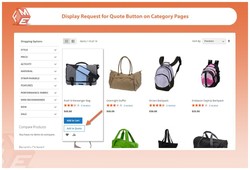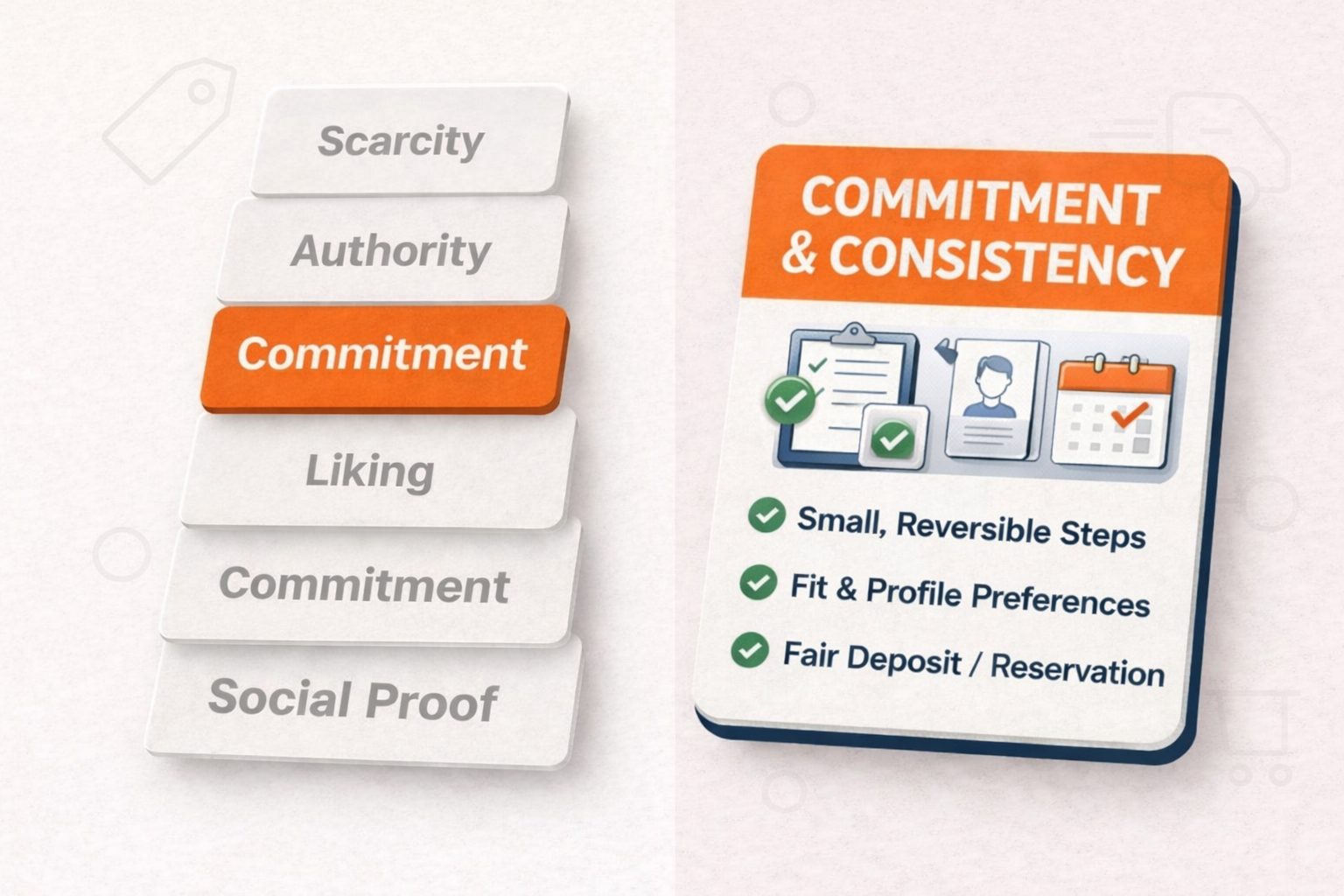
This is a guest blog post from Magento extension developer – FME Extensions. If you write about eCommerce in general and specifically Magento, ready to write unique and engaging content .
While Business to Business (B2B) and Business to Customer (B2C) sales models share the same objective, conceptually they are vastly different when it comes to e-commerce. This is particularly evident when it comes to marketing since the two models involve a broad spectrum of practices for generating sales. The distinction that sets them apart is the transaction of goods or services between the middle consumer and the final consumer. As B2B is done between 2 business houses, the transaction occurs between entities that do not consume the product or service. In B2C, the transaction is strictly consumption oriented where the product/service is acquired by the last buying entity.
For B2B e-commerce, selling products often comes with new challenges since the target market constantly keeps evolving and thrives in competition. Therefore, to get the best out of the market and remain competitive, B2B e-commerce brands must integrate strategies and tools to keep along with the trends and successfully take their business towards profitability. One of these strategies is adding a request for quote (RFQ) form to your product pages.
The idea of this feature is to offer B2B customers with a custom price form to send an entry to the merchant and obtain their price preferences. This allows B2B merchants to get a cost estimate from the customer and properly convert the potential lead.
So, if you are not using this feature on your online store, you may never learn how it can benefit your business. In this article, we share the benefits of using a custom price extension and how it can help merchants in driving more sales and improving their customer user experience.
Serve Customers According to Their Preferences
The dynamics of marketing are largely different in B2B and B2C. For one, the products and services sold in B2B commerce are focused on wholesale buying and demand a different pricing approach to cater the market. So for many B2B online stores, displaying price directly on the website may not be a wise decision. The reasons for this are plenty, such as avoiding the competition to get an idea of the price, saving costs on total sale of the product, and selling the products based on dimensions, weight, and location of the product, etc.
By introducing an RFQ system you not only serve customers according to their economic, logistical and geographic preferences but also help them provide other valuable details they need for the product. Once the entry has been made by the customer, the merchant will be notified and a reply will be sent against the quote so the customer remains engaged until the cost estimate arrives.
Get Custom Orders from Customers
Aside from getting custom price quotes, RFQs are also an excellent source for getting a detailed requirement draft from the customer. Many products in B2B commerce are variable products which need specific order details before the transaction can be completed. By adding an RFQ form option, customers can not only request from price quote but also add details of what they require in the product/service. For instance, if a customer wants 100 pairs of sneakers for his store, he can mention which color preferences he wants in the batch and how they must be asserted within the pairs. Similarly, if a merchant needs a hosting service for 5 years, she can mention the bandwidth and networking requirements for her website so they are met beforehand. For sharing more specific details, customers can also upload files such as images and sheets to get a clearer idea of what they need from the merchant.

Meanwhile, it also allows the merchants to add promotional aspects into the sale process and inform customers through a discount chart. Incentivizing customers through discounts entices them to make bigger orders and avail higher discounts. You can also add an expiry date to the price quote to prompt quicker purchase decisions from customers.
Collect Valuable Data from Customers
Another major benefit of adding RFQ form to your online store is the collection of customer data. Customer data is particularly useful in digital marketing practices where understanding customer preferences and buying patterns becomes imperative to drive leads. To accomplish this, you can put additional details in the quote form such as email ID, age, marital status, occupation, company and other attributes to build a strong profile of the potential customer. Later on, you can use this for emailer marketing, newsletters, and other targeted campaigns.
While this feature strongly compliments RFQ forms, it does not come pre-built in many e-commerce platforms and custom development may be required. To overcome this, you can simply download a Free Request for Quote extension for your store and get features such as additional fields, file upload and email notifications without getting into the hassle of custom development. This will help save money and your precious time while yielding better results on lead generation.
Author Bio
Hamza Riaz is a Digital Marketing Expert at FME Extensions, a company that develops extensions for popular shopping carts like Magento, WordPress and WooCommerce. He manages digital marketing of top notch Magento extensions developed by FME. Also, he likes to express his thoughts and experiences in the form of write-ups. You can find him on LinkedIn.





